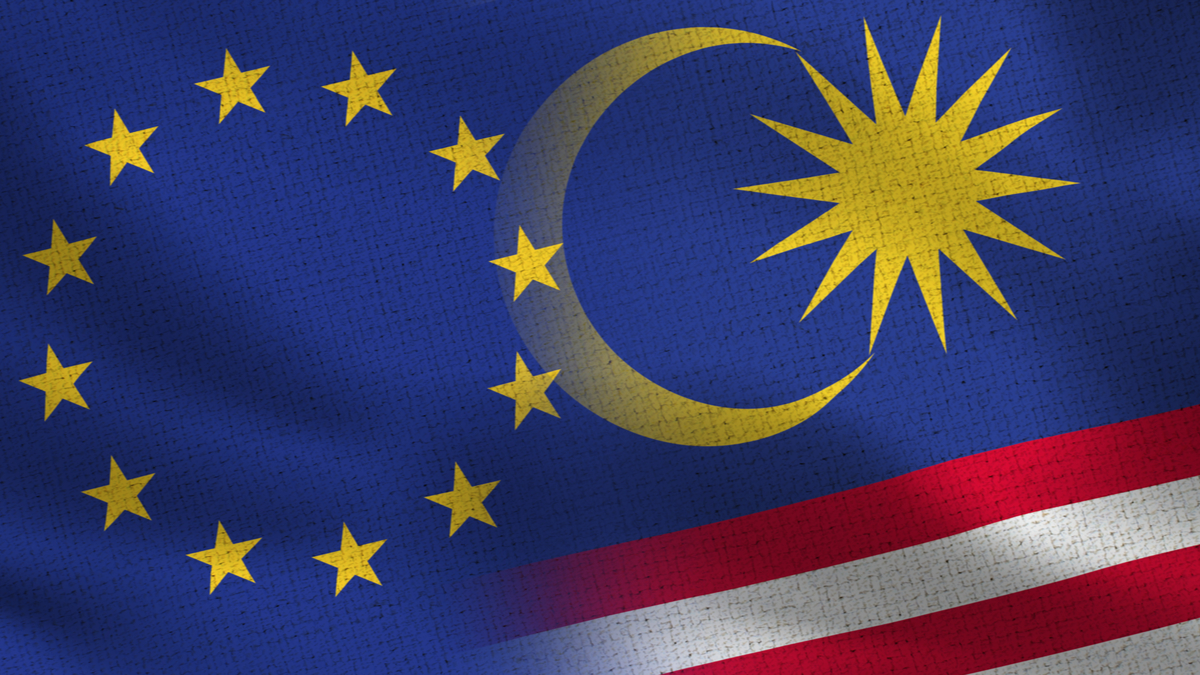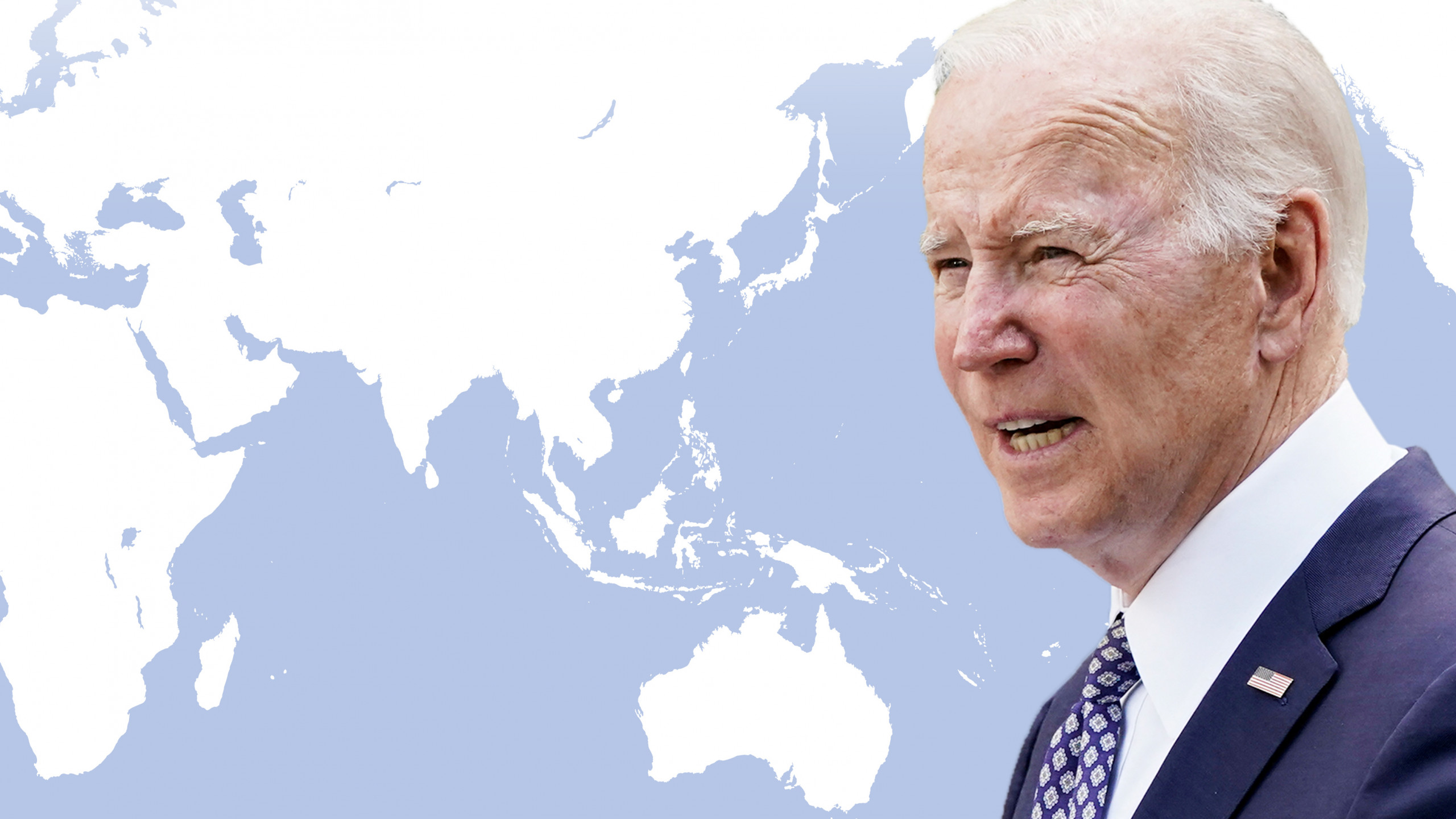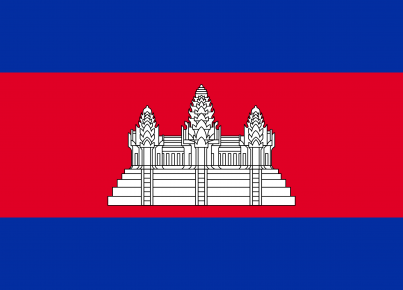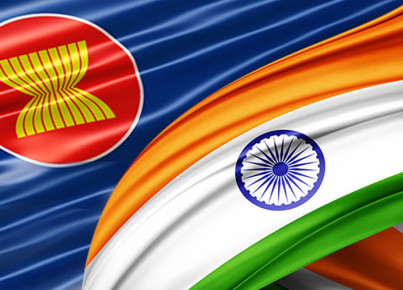Despite the controversial issue of palm oil, European and Malaysian industry groups are pushing to restart trade negotiations
After free trade agreements with Singapore and Vietnam, the European Union aims to expand its network of bilateral agreements in Southeast Asia. With an economy devastated by the pandemic crisis, Thailand and the Philippines have expressed interest in reopening talks, while negotiations with Indonesia are proceeding. Now it seems that the conditions are in place to relaunch negotiations with Malaysia as well after some industrial groups have announced that they want to put pressure on Brussels and Kuala Lumpur to reach an agreement.
Today, Malaysia is one of the most advanced countries in Southeast Asia overall: it is the third region in terms of GDP (12%) and the EU's third-largest partner in ASEAN. It is the second-largest oil producer in the region and the third-largest exporter of liquefied natural gas in the world, thanks also to its strategic position among the main energy trade routes.
Malaysia has already tried to start talks with the EU in 2010, but these broke down two years later due to the difficulty in agreeing on key elements. The main obstacle, now as then, remains the controversial issue of palm oil. Lobbies in Indonesia and Malaysia - which supply 84% of global palm oil production - have long opposed EU environmental protection rules on biodiesel imports. Above all, this is because the crops are an important source of income for rural dwellers, who also make up a large part of the electorate in both countries. On the other hand, environmentalists are fighting hard against the intensive production of palm oil, which is the main cause of deforestation that destroys the habitat of orangutans and other endangered species.
This is why in 2018, with the Renewable Energy Directive II and the subsequent Delegated Regulation, the Commission established strict "eco-friendly measures" for the European energy sector, which include the total ban on imports of all those biofuels that cause even indirectly the increase in greenhouse gas emissions by 2030, including palm oil.
However, now, like Indonesia, Kuala Lumpur has decided to open proceedings against the EU using the WTO dispute settlement mechanism in January this year. Both states accuse the EU of pursuing discriminatory and protectionist trading practices. A risky move that could jeopardize negotiations with the EU, and all for a product that accounts for less than 5% of exports to the old continent.
Nevertheless, given the economic importance of a free trade agreement, some analysts believe that the well-known palm oil issue would be raised mainly for domestic political reasons. They highlight how the Malaysian Prime Minister, Muhyiddin Yassin, and his minority government, in view of the general elections scheduled for 2023, are committed to a nationalist agenda for the benefit of the country's Muslim majority, which accounts for the majority of owners and workers in the palm oil industry.
Meanwhile, pressure is growing on the Malaysian government, especially from local businesses, which are well aware that a free trade agreement with the EU would stimulate post-pandemic recovery. At the same time, the restart of the negotiations would allow European countries to take advantage of the commercial and investment opportunities offered by a dynamic market in an area of the world on which EU companies are betting a lot. Today, therefore, after the failed attempts of the recent past, the time seems finally ripe for Malaysia and the EU to sit down at the table to restart negotiations.






